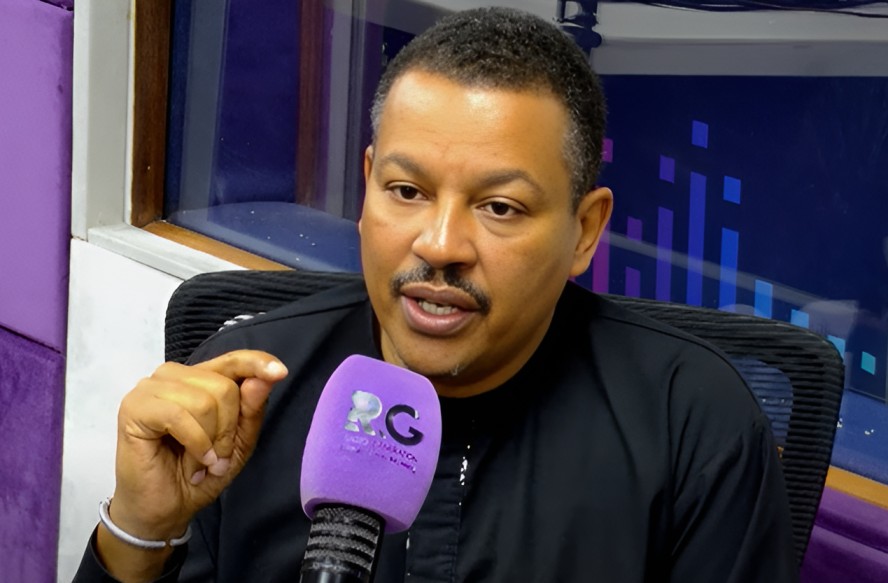Irũngũ Houghton: Kenya’s police must be held accountable for recent killings

Houghton’s assessment aligns with findings by Kenya’s police watchdog, the Independent Policing Oversight Authority (Ipoa), which accused officers of using “disproportionate force” to quell demonstrations.
The executive director of Amnesty International Kenya, Irũngũ Houghton, has criticized the National Police Service for failing to protect citizens and uphold constitutional rights.
During an interview on Radio Generation on Tuesday , Houghton said recent events reveal deep institutional problems, despite previous reforms and oversight mechanisms.
“If you had a scale of one to 10, they probably would be in the minus range,” Houghton said, highlighting the police’s poor performance during June and July protests that left 65 people dead and over 500 injured.
Houghton’s assessment aligns with findings by Kenya’s police watchdog, the Independent Policing Oversight Authority (Ipoa), which accused officers of using “disproportionate force” to quell demonstrations.
The Ipoa report released in July 2025 linked most of the deaths to police actions while also highlighting the role of opportunists, described as “goons,” who infiltrated protests and undermined peaceful assembly.
Over six weeks, there were four major protest days called over police brutality and dissatisfaction with government policies.
The first, in Nairobi on 12 June, was “largely peaceful” but followed the death in custody of young teacher and blogger Albert Ojwang, which police initially said was self-inflicted. Three officers have since been charged with his murder.
The second protest on 17 June resulted in the shooting at point-blank range of street vendor Boniface Kariuki, who later died; an officer has been charged in connection with the killing.
A third protest on 23 June marked a year since deadly anti-government demonstrations over tax rises and led to 23 deaths across the country.
The fourth day on 7 July saw the highest loss of life, with 41 people killed.
The Ipoa report documented 342 civilian injuries and 171 police injuries across the four days, along with looting and vandalism targeting businesses, police stations, and government installations.
The watchdog highlighted “significant breaches of constitutional policing standards, including use of disproportionate force, lack of professionalism, and failure to uphold public safety and rights.”
Going further, Houghton told Radio Generation that while uniforms and communication strategies have changed, these adjustments do not address core failures.
“Those are some of the things that any institution will do to ensure that they have a different outlook and leave the past behind,” he said.
He stressed that legal reforms and oversight authorities exist, but recent police actions have undermined them. “Anywhere in the world, there would have been resignations. We have not seen those,” he said, referring to officers discharging lethal force despite court orders.
Houghton also highlighted the pressures faced by rank-and-file officers, noting that many are undertrained and ill-equipped for their duties.
“Many of the police officers that we see between 10 o’clock and four o’clock on an average Maandamano day are people who have been in the streets since 4am… they’re not fed properly, they’re not hydrated, and they don’t have protective equipment,” he said.
He emphasized that leadership cannot escape responsibility. “I think command responsibility applies in this context, even in the absence of war,” Houghton said, urging accountability for commanders who issue harmful orders.
Rights groups have condemned the government’s response to the protests, accusing authorities of encouraging deadly force.
In response to the 7 July demonstrations, President William Ruto instructed police to target protesters’ legs to incapacitate rather than kill.
Interior Minister Kipchumba Murkomen earlier described the protests as “terrorism disguised as dissent” and an “unconstitutional attempt” to change the government.
